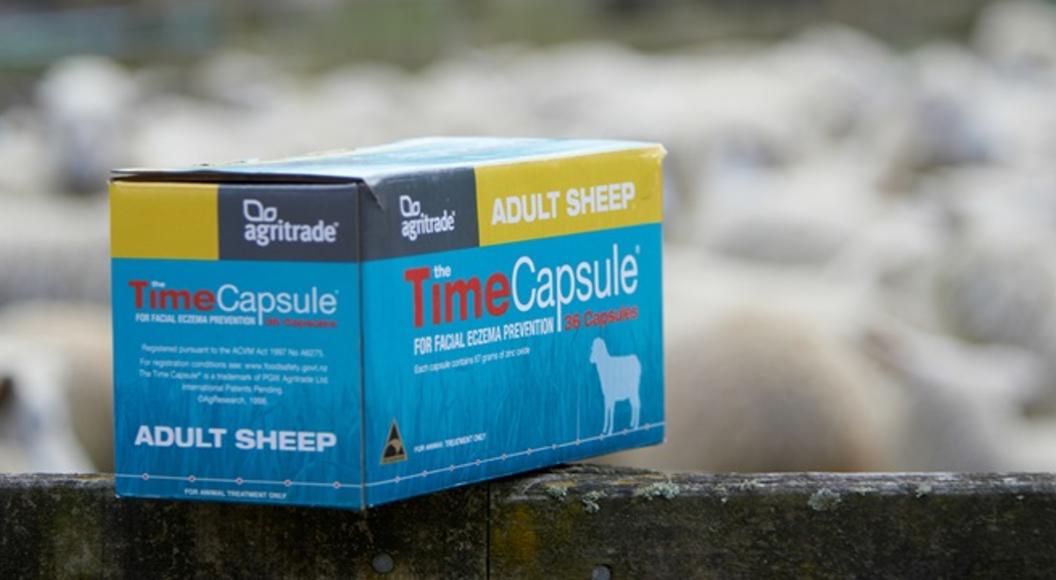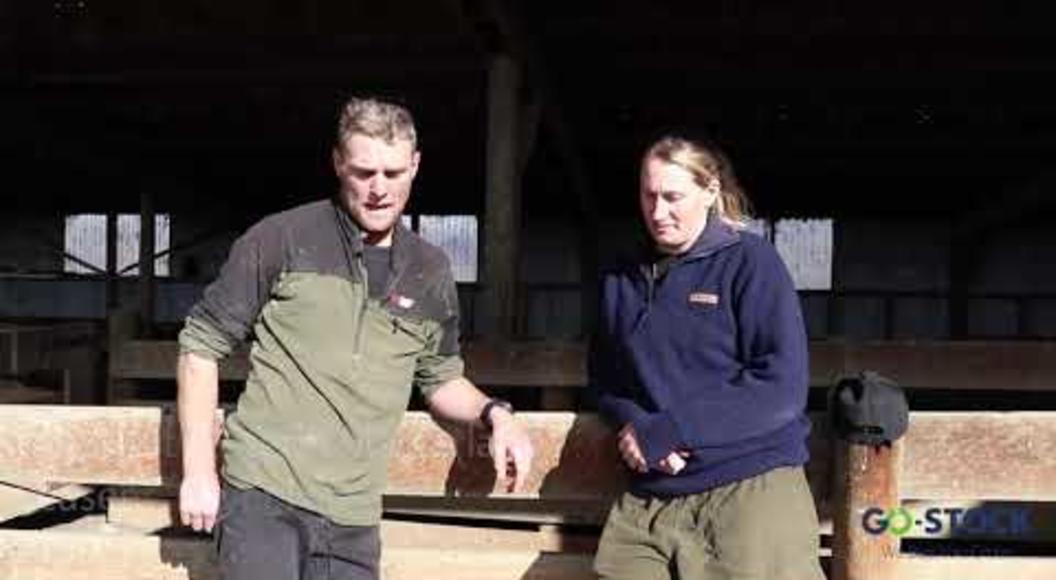
Nilvax® – more antibodies when you need them
Lambs are born without antibodies, and rely on antibodies in the ewe’s colostrum for protection against clostridial diseases including pulpy kidney and tetanus.
This is why pre-lamb vaccination is important. Clostridial vaccination of the ewe just prior to lambing is utilised on most New Zealand farms to maximise the level of antibodies lambs receive in colostrum.Lambs cannot get any antibodies from their mother via the placenta (as compared to other animals including humans who can) so they are reliant on suckling good amounts of quality colostrum soon after birth. The gut of the newborn lamb is best at absorbing these antibodies within the first 6-12 hours of life, so it’s crucial this colostrum is the best quality and volume possible.The duration of protection gained by the suckling lamb is determined by the amount of antibody absorbed from colostrum.Inadequate levels of antibody intake by lambs can be seen with:
- Poor mothering ability
- Inadequate milk production
- Weak sucklers
- Multiples – who share colostrum
- Low antibody production in the ewe
Pre-lamb clostridial vaccination aims to negate this last point by boosting the ewe’s antibody levels just prior to colostrum production. Younger ewes, those heavily pregnant with multiple lambs and those in lower condition or under nutritional stress may be less able to respond well to vaccination and produce poorer quality colostrum. The highest potency and longest lasting vaccine available is the best option. The vaccine you choose at pre-lamb is one of the factors that determines the level of antibodies available for suckling lambs.
Nilvax is a high potency, longer acting 5 in 1 vaccine that also contains levamisole which can be used as part of a combination treatment to help protect against worm burden. Importantly, the levamisole also acts as an immune stimulant, meaning a much better response to vaccination and higher antibody levels than other 5 in 1 vaccines.
In a trial comparing the immune response of twin-bearing ewes to different pre-lamb vaccines, significant differences were seen between vaccines. Not all vaccines are created equal as seen in the below table.
Given the dry season and tight feed conditions seen this summer in some districts, ewes may be lighter than ideal and as a result may be less likely to respond well to vaccination. When ewes are vaccinated pre-lamb with Nilvax, this results in more clostridial antibodies in their colostrum. What does more antibodies mean for your farm?
- Ewes can be vaccinated earlier – up to six weeks before lambing. This decreases the risk of ‘sleepy sickness’ caused by mustering and yarding close to lambing.
- Ewes are more likely to respond to vaccination.
- More antibodies are available to suckling lambs – important as multiple lambs share colostrum.
- Lambs are protected for longer – up to 16 weeks of age.
Nilvax can be used with more flexible timing than other 5 in 1 vaccines, allowing you to choose the length of protection you need for your lambs and helping with time management. If used with similar timing to other 5 in 1 vaccines, you will get protection longer towards weaning time. Alternatively, you can use it earlier.
Contact your local PGG Wrightson Technical Field Representative today to discuss a tailored animal health plan.
ARTICLE SUPPLIED BY MSD ANIMAL HEALTH



